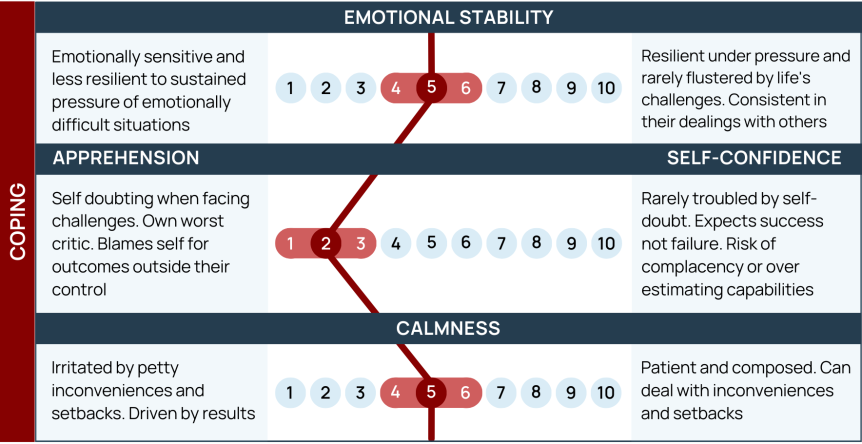This isn’t a comment and division-seeking piece claiming Imposter Syndrome doesn’t exist. That workplace institutions feel less comfortable or all out exclusive to some sections of society, whilst others seamlessly join their ranks with ease isn’t in doubt. But giving something a buzzword syndrome name runs the risk of people believing they are excluded because of the system, when it …
What Matters to Candidates Now? How to Secure Top Talent in a Cautious Market
With the working lives of so many Kiwis impacted by COVID-19, it’s understandable that candidates’ priorities are changing too. Notably, job security has emerged as a strong focus for candidates. In fact, 2 in 3 candidates feel that because of COVID-19, job security is more important than salary, research conducted on behalf of SEEK shows. With this and other changes …
Recruiting Sales Superstars
Recruiting good sales people presents unique obstacles. Many sales candidates are great at interviews but not much else, and most arrive with glowing references, but for differing reasons. Reducing the risk of selecting poor performers and concentrating your efforts on applicants most likely to thrive in sales and customer relations roles must be among any businesses top priorities. This can …
Assessing Contact Centre & Customer Service Candidates
How should an employer go about assessing a contact centre candidate’s likelihood of succeeding in that environment, or in smaller scale customer services roles where the bulk of communications with customers take place over the phone or internet? Candidate assessment suites designed specifically for these environments tend to focus on a blend of abilities essential to success where information is …
Personality profile reports. Adjusting your interpretations in the current climate
This isn’t a scientific study, but rather observations from over 80 personality profile reports fed back to clients and candidates since mid-March when life changed dramatically for just about everybody. If you use personality profiles as part of your selection & development process, here’s some ideas on accounting for the effect of a global pandemic on your candidates and staff …
Sharpening up your phone & video interview technique
Traditionally, phone and video interviews have been used to turn candidate long-lists into shortlists on who to invite along to final face-to-face interviews. In our current shutdown climate, the phone/video interview will also be the final stage from which you make job offers and start on-boarding a remote working a new team member. The need to get them right is …
Managing Counter Offers
Whether you’re a recruitment consultant, in-house recruiter or business owner, the counter-offer scenario will be a familiar exasperation. After all the hours and effort of a selection process, you’re hard won final stage candidate is offered the job, only to turn it down when offered a pay rise by their current employer, or use the counter-offer as a new …
Smart Time Hacks for High Volume Recruiting
Creating a credible shortlist, without letting good potential slip through the net is a tedious process, so it seems timely to share the positive points of good practice experienced when screening over five thousand applicants for four hundred graduate jobs in seven capitals across the European Union in just three months:
Recruiting Candidates for Warehousing, Factory & Process Oriented Jobs?
The Industrial Proficiency Test (IPT) is a robust measure of cognitive ability specifically designed for warehousing, factory and process orientated jobs.
This assessment is ideally suited to individuals with a basic level of education and includes measures of Numerical and Symbolic reasoning, Written Instructions and Checking.
Making the most of Telephone Interviews
When used effectively, phone-interviews bring all the benefits of trimming down that pile of CV’s into the final few for shortlisting without the expense of bringing candidates in from all over and organising the resources to accommodate interviews and candidates. However, they also bring considerable risks of missing out on great candidates when run ineffectively, and with over 50% of our communications attributed to non-verbal body language, how can you make the most from the efficiencies without losing the interviews effectiveness?










